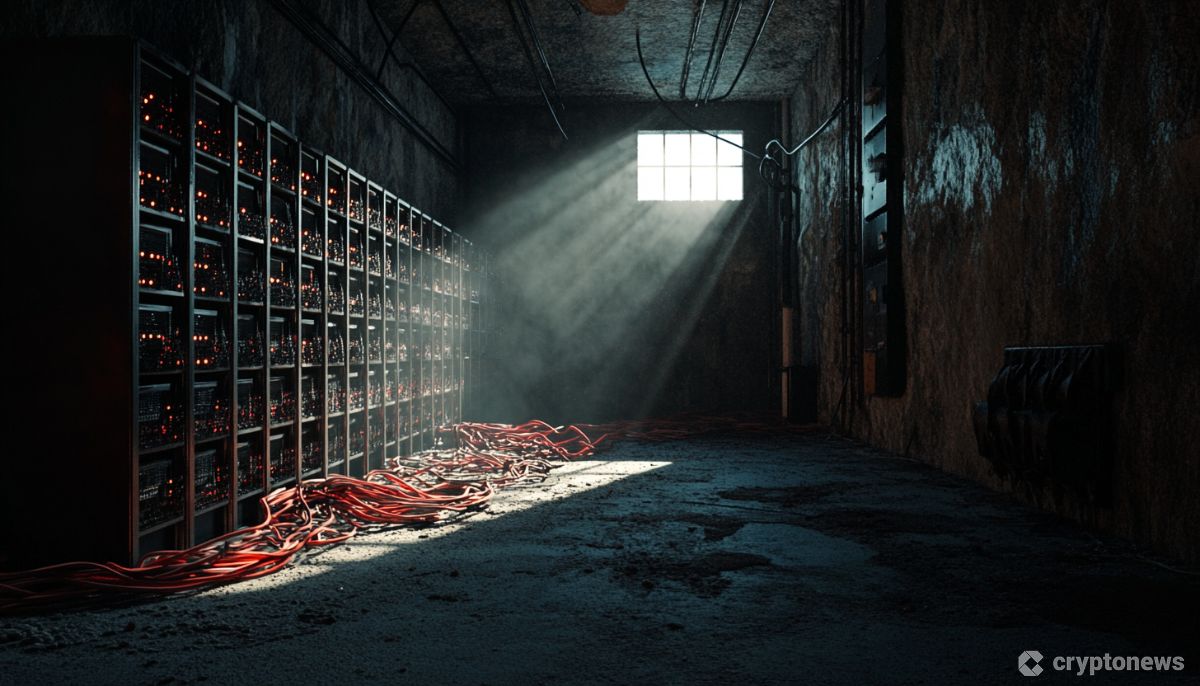The closure of a Bitcoin mining center in the Hadsel municipality in Norway due to noise complaints has resulted in a 20% increase in electricity bills for residents. The mining center, which consumed around 80 GWh of electricity annually, had been a source of frustration for politicians and neighbors due to the constant noise from fans running to cool down the computers. Despite the company behind the plant claiming that the noise level was within national limits, residents have been affected by the disturbances caused by the facility.
The mayor of Hadsel, Kjell-Børge Freiberg, expressed relief at the shutdown of the Bitcoin mining center, stating that it had been a nuisance for the past three years. However, the closure has had financial implications for locals, as the plant accounted for 20% of the income of the local network company, Noranett. With the mining center no longer operational, the remaining electricity customers are now facing increased electricity bills to cover the loss in revenue.
Robin Jakobsen, the network manager at Noranett, explained that the sudden shutdown of such a large customer has had a significant impact on the electricity network. He estimates that a normal household may see an increase of NOK 2,500-3,000 in their annual electricity bill following the closure of the mining operations. The municipality is now searching for new projects to utilize the excess electricity in the hopes of bringing down costs for consumers.
The situation in Hadsel highlights the challenges associated with crypto mining operations and their impact on local communities. While crypto mining can provide economic benefits to municipalities through increased revenue, it can also lead to disruptions and conflicts with residents. In this case, the closure of the mining center has left residents with higher electricity bills and has prompted local authorities to seek alternative projects to make use of the excess electricity.
As the mayor of Hadsel emphasized, the regulation of the power system lies outside the municipality’s authority, and they must navigate these challenges to find solutions that benefit both residents and the local economy. Moving forward, it will be important for municipalities to carefully consider the social and environmental impact of hosting crypto mining operations to ensure a balance between economic growth and community well-being. The closure of the Bitcoin mining center in Hadsel serves as a cautionary tale of the potential consequences of unchecked crypto mining activities on local communities.










